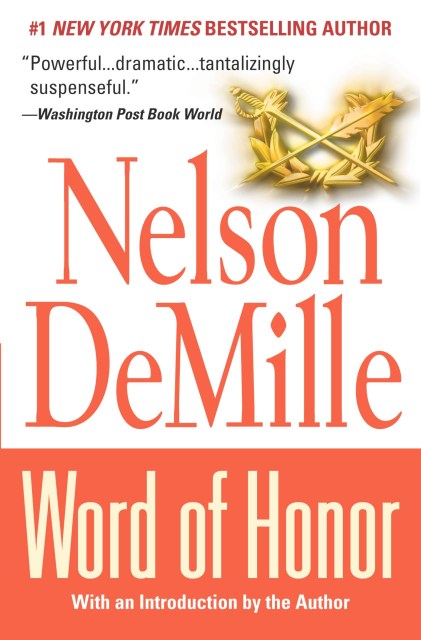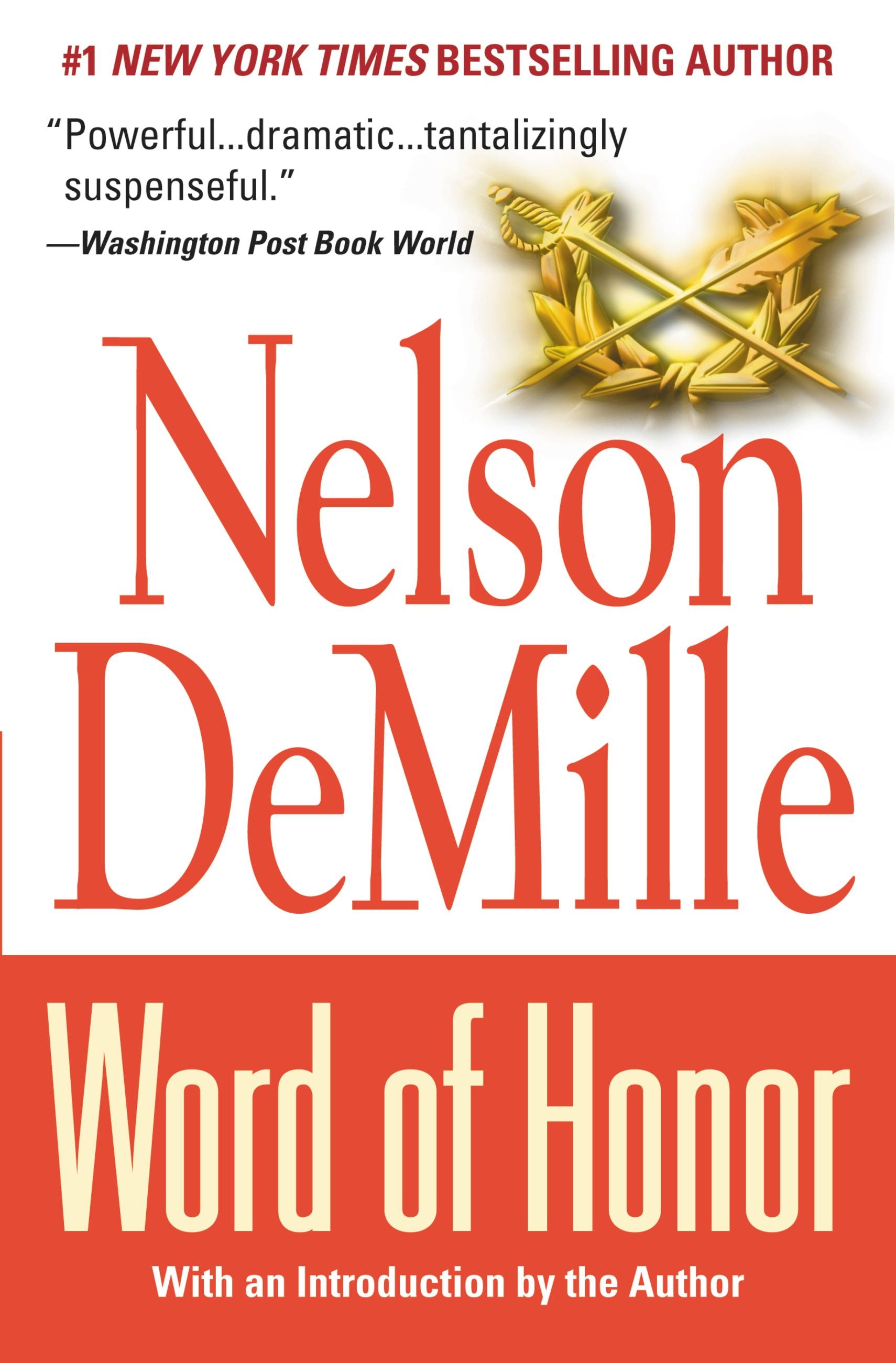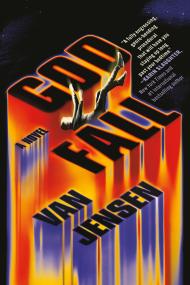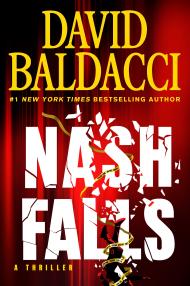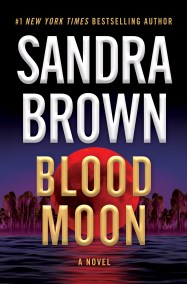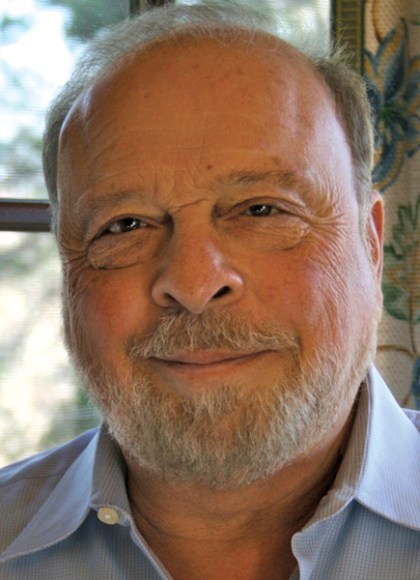By clicking “Accept,” you agree to the use of cookies and similar technologies on your device as set forth in our Cookie Policy and our Privacy Policy. Please note that certain cookies are essential for this website to function properly and do not require user consent to be deployed.
Word of Honor
Contributors
Formats and Prices
- On Sale
- Sep 1, 1998
- Page Count
- 880 pages
- Publisher
- Grand Central Publishing
- ISBN-13
- 9780446674829
Price
$21.99Price
$28.99 CADFormat
Format:
- Trade Paperback $21.99 $28.99 CAD
- ebook $7.99 $9.99 CAD
- Hardcover $33.00 $42.00 CAD
- Audiobook Download (Unabridged) $44.99
This item is a preorder. Your payment method will be charged immediately, and the product is expected to ship on or around September 1, 1998. This date is subject to change due to shipping delays beyond our control.
Buy from Other Retailers:
He is a good man, a brilliant corporate executive, an honest, handsome family man admired by men and desired by women. But sixteen years ago Ben Tyson was a lieutenant in Vietnam.
There, in 1968, the men under his command committed a murderous atrocity-and together swore never to tell the world what they had done. Not the press, army justice, and the events he tried to forget have caught up with Ben Tyson. His family, his career, and his personal sense of honor hang in the balance. And only one woman can reveal the truth of his past–and set him free.
Newsletter Signup
By clicking ‘Sign Up,’ I acknowledge that I have read and agree to Hachette Book Group’s Privacy Policy and Terms of Use
